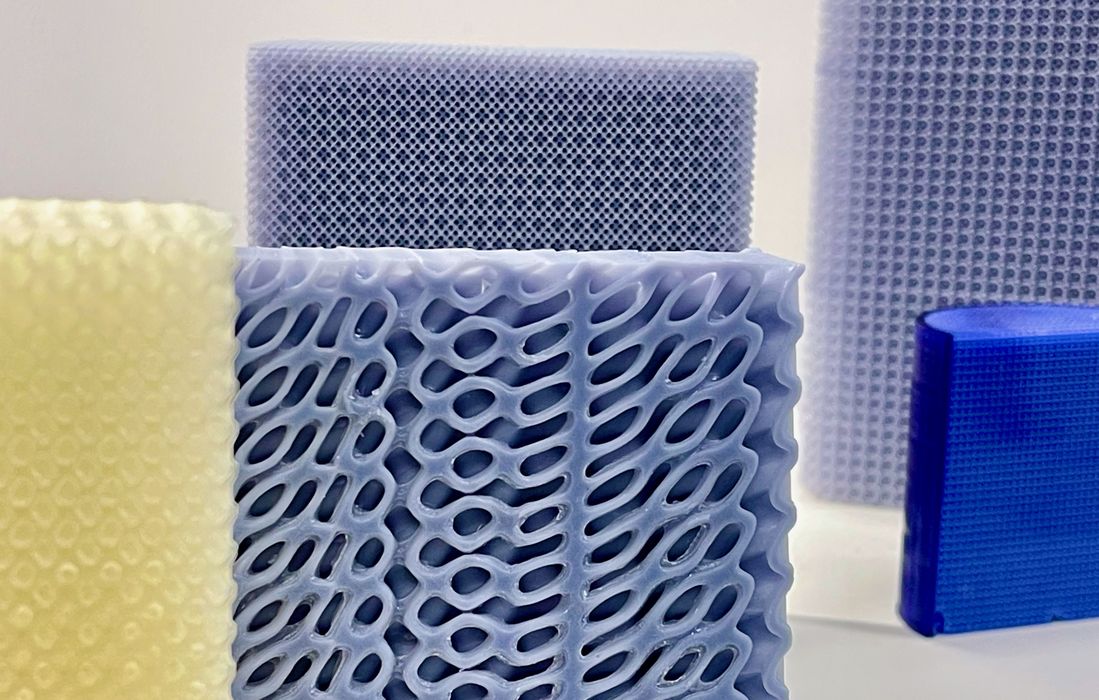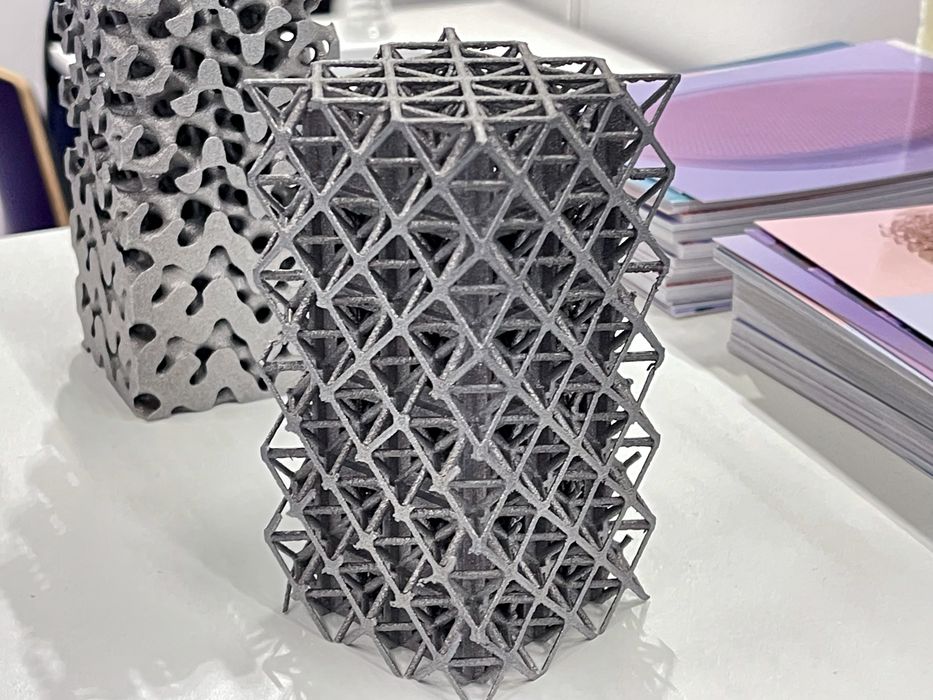
Metafold is a powerful tool to generate and process highly complex 3D models.
The Toronto-based company has developed a cloud-based software tool that uses advanced algorithms to produce ultra-complex 3D models. The complex 3D prints shown in this post were all based on 3D models generated by Metafold.
The system operates at lightning speed, which could significantly change the workflow equation for developers of advanced 3D printed parts.
This type of part is highly desirable, as it is the primary approach for lightweighting components by industry. Parts can be designed that are significantly lighter, yet perform just as well on a functional basis. Certain industries, and in particular the aerospace industry, are extremely interested in this design approach.
These complex parts can typically be only produced on additive manufacturing equipment. Molding and milling have too many design constraints for making this type of part.
Even though desirable, it is not easy to design these parts.
It is extraordinarily difficult to create highly complex part models using typical CAD tools. In some cases, the tools must be left for many minutes or even hours to process the data. The result is that part designers have limited opportunity to iterate through a series of designs for this type of part.

But with the cloud-based Metafold solution, that processing is short-circuited and processing can happen far faster. This means that part designers can perform iterative experiments to obtain more optimal part geometries.
Metafold can perform lattice generation, complex hollowing, challenging booleans & transforms, as well as a number of other heavyweight 3D functions.
Another powerful advantage of the cloud-based architecture is portability. Some advanced CAD tools require hefty desktop PC hardware to run efficiently, but that’s not the case with Metafold, since the hardware is shared and in the cloud.
This means you can easily run the software on any platform without regard to graphic cards, etc. In fact, we’re told Metafold even runs well on a smartphone. The implication is that the designers become independent of the hardware, and scenarios like work-at-home become far easier to implement.
In a recent discussion with Metafold representatives, we learned that the company has now provided an API for the system. This means that the vast processing capability of Metafold can be brought into other applications. This opens up a number of very interesting possibilities for developers and makers of existing CAD tools.
Metafold can export designs in STL format, or the more modern 3MF format. In addition, the tool also supports PNG stack export, where each layer is represented by a 2D image. This method can be used by some other tools for faster processing.
Currently, Metafold is available in tiered price levels for various capabilities. Note that there is one “free” level that provides basic and limited access to the service for experiments and tryouts. According to Metafold, there has been “good pickup” on the service, which is certain to grow in the future.
Via Metafold
